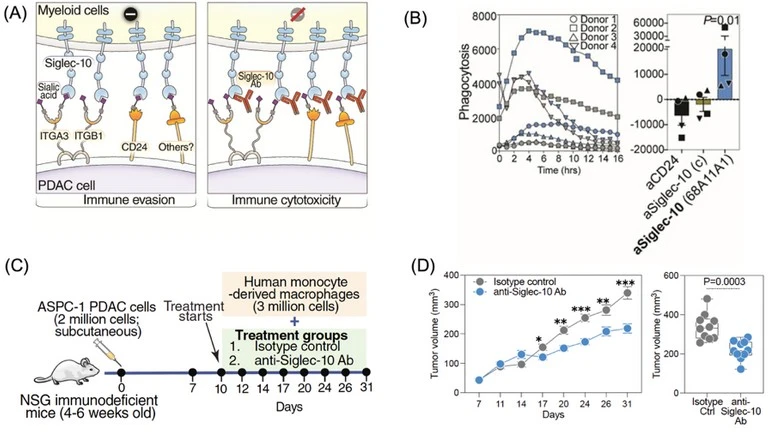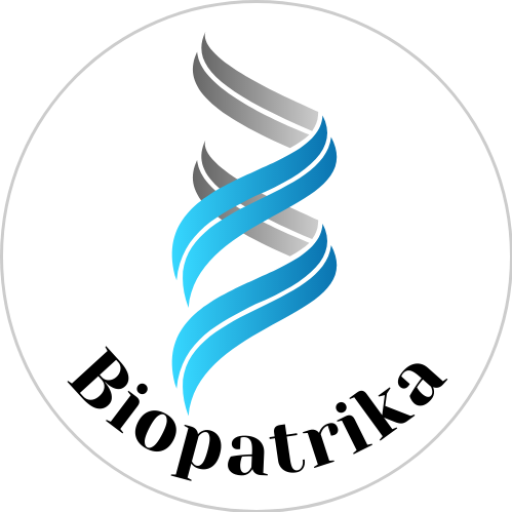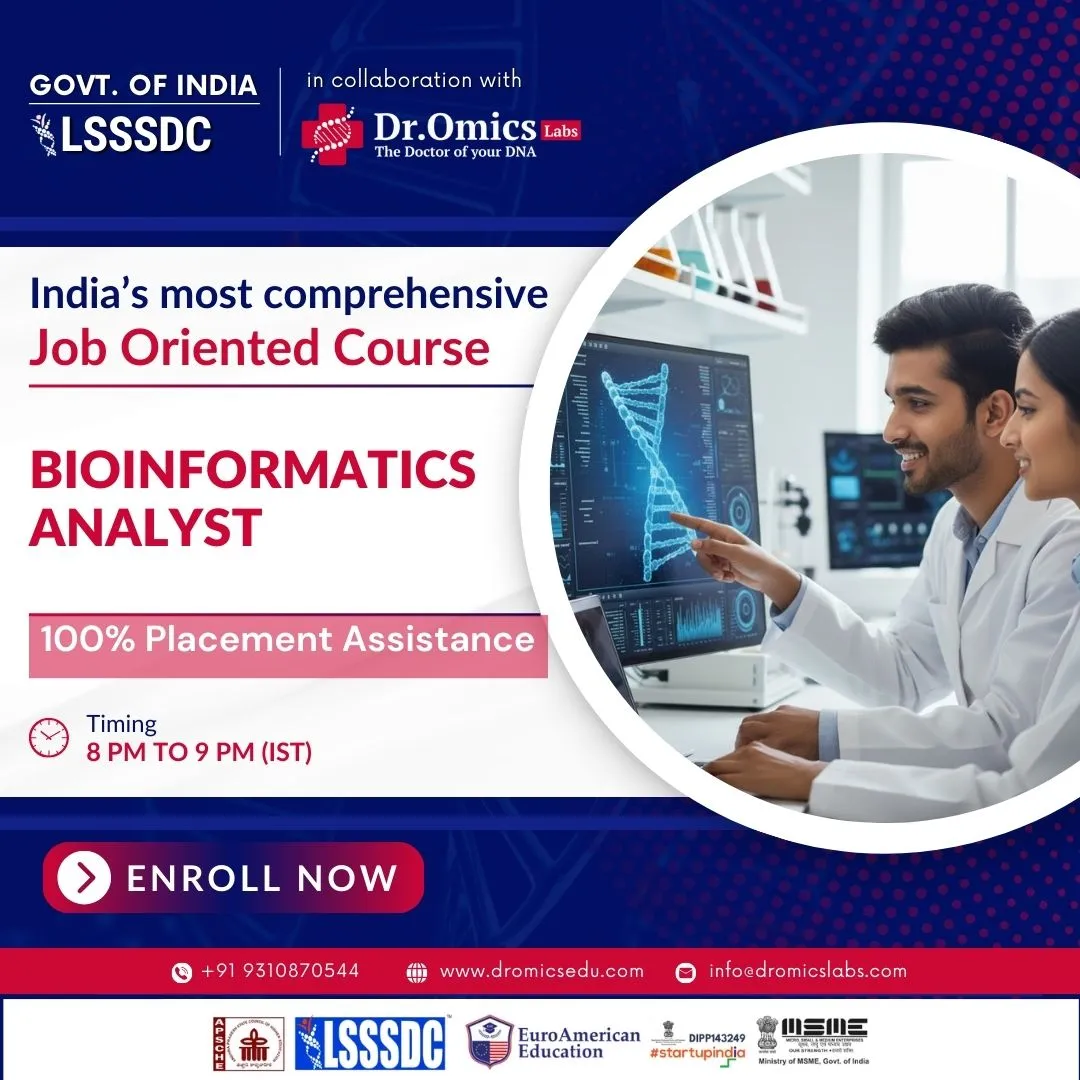Research Summary: Pancreatic cancer tricks the immune system by coating itself with a sugar called sialic acid on α3β1 integrins; this allows it to engage a glyco-immune inhibitory checkpoint protein called Siglec-10 on macrophages, suppressing phagocytosis. Blocking Siglec-10 restores macrophage and T-cell activity and reduces tumor growth.
Author Interview

Pratima Saini, PhD, is a Research Associate at Northwestern University specializing in immunology and glycobiology. Her work focuses on glyco-immune checkpoints and developing novel immunotherapies for cancer.
LinkedIn: https://www.linkedin.com/in/pratima-saini-immunologist/
Twitter/X: https://x.com/PratimaSaini6
Lab: Prof. Mohamed Abdel-Mohsen, Feinberg School of Medicine, Northwestern University
- Lab website: https://labs.feinberg.northwestern.edu/abdel-mohsen/
- Twitter/X: https://x.com/AbdelMohsen_Lab
- Bluesky: @abdelmohsenlab.bsky.social
What was the core problem you aimed to solve with this research?
Pancreatic cancer is extremely resistant to immunotherapy, partly because tumor-associated macrophages become immunosuppressive and fail to kill tumor cells. However, the mechanisms driving this suppression were poorly understood. We wanted to identify novel mechanisms that contribute to immune evasion in pancreatic cancer and develop new ways to prevent this immunosuppression, thereby enabling current immunotherapies to attack and clear these tumors.

(A) Schematic representation showing how Siglec-10–blocking antibodies activate myeloid cells.
(B) Siglec-10 blockade enhances macrophage-mediated phagocytosis of pancreatic cancer cells in vitro.
(C) Overview of the in vivo study design evaluating antibody efficacy.
(D) Siglec-10 antibody treatment reduces tumor growth in mouse models.
How did you go about solving this problem?
We approached this challenge like solving a biological puzzle. First, single-cell RNA-seq showed us where Siglec-10 was active in pancreatic tumors. Then, using a pull-down and mass spectrometry “fishing” strategy, we identified α3β1 integrin as its unexpected binding partner. We confirmed this interaction with surface plasmon resonance and used CRISPR to test its functional role. Finally, we evaluated our newly developed Siglec-10–blocking antibodies in phagocytosis assays and mouse models, revealing their ability to reawaken antitumor immunity.
How would you explain your research outcomes (Key findings) to the non-scientific community?
Pancreatic cancer is one of the toughest cancers to treat, mainly because it tricks our immune system in multiple ways. In this study, we discovered one of these tricks: pancreatic cancer cells cover themselves with a sugar that our immune system normally uses to recognize healthy cells. As a result, the immune system mistakes the cancer for healthy tissue and does not attack it. Beyond discovering this trick, we developed a new antibody that blocks it, and in preclinical animal models, preventing this mechanism was effective in slowing down tumor growth.
“By exposing this hidden glyco-immune checkpoint, we open a fresh path to finally make pancreatic cancer vulnerable to immunotherapy strategies.” — Dr. Mohamed Abdel-Mohsen
What are the potential implications of your findings for the field and society?
Our study identifies a previously unknown immune-evasion pathway in pancreatic cancer and provides strong preclinical evidence that Siglec-10 blockade can restore antitumor immunity. This work opens the door for developing first-in-class Siglec-10 immunotherapies that could benefit patients with pancreatic cancer, who currently have very limited treatment options.
What was the exciting moment during your research?
One of the most exciting moments was seeing that our newly generated Siglec-10-blocking antibodies not only enhanced macrophage phagocytosis in vitro but also significantly reduced tumor burden in both mouse models. That was the turning point showing this pathway has real therapeutic potential.
Paper reference: Saini P., Mirji G., Islam S.M.S., et al. “Targeting Interactions Between Siglec-10 and α3β1 Integrin Enhances Macrophage-Mediated Phagocytosis of Pancreatic Cancer.” Cancer Research (2025). DOI: 10.1158/0008-5472.CAN-25-0977.
Explore more
🎤 Career – Real career stories and job profiles of life science professionals. Discover current opportunities for students and researchers.
💼 Jobs – The latest job openings and internship alerts across academia and industry.
🛠️ Services – Regulatory support, patent filing assistance, and career consulting services.




